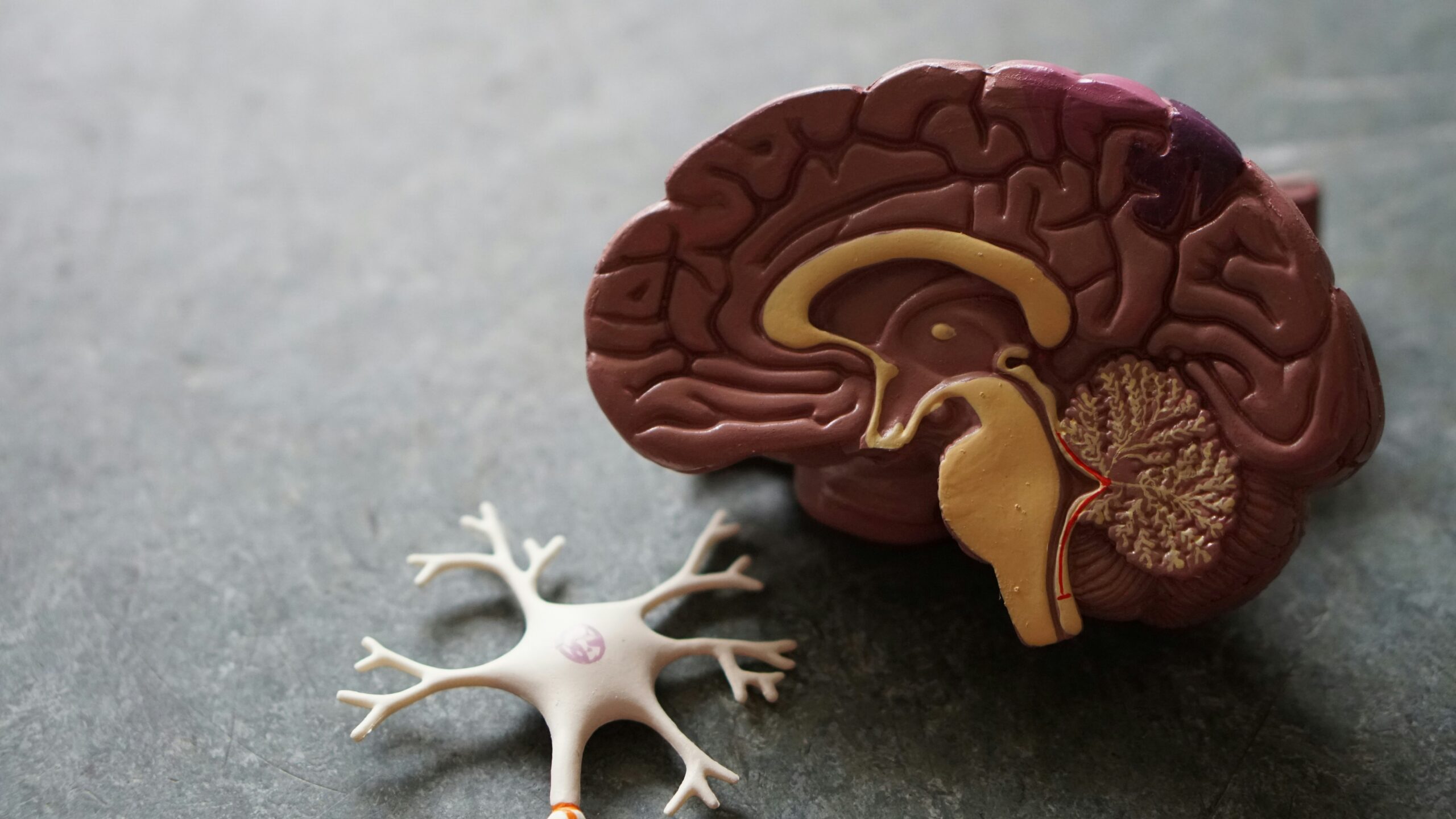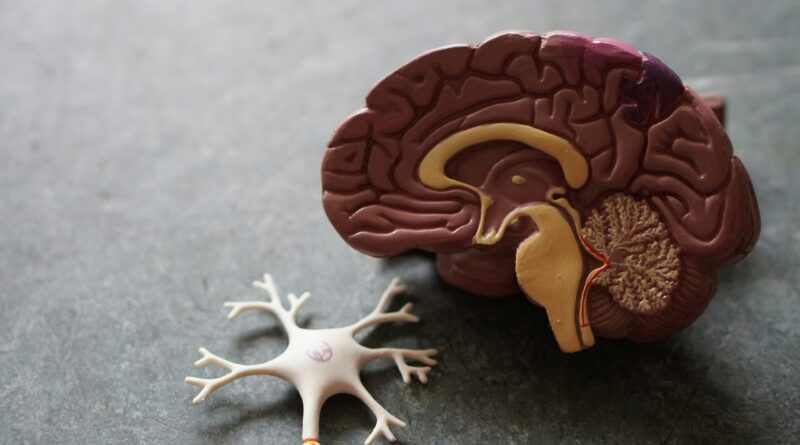Did you know that your courage may be crushing you? A new study reveals all

Don’t forget to take care of your physical health as it can change your brain structure and lead to depression! (www.https://mdhs.unimelb.edu.au/news-and-events/pathways-linking-organ-and-brain-health,-and-impacts-to-mental-health-revealed)
Nobel Prize winning poet, Pablo Neruda, in his poem Order to Couragehe argued that the liver, more than the heart or the brain, should be celebrated for its complex functions. But have you ever thought that your liver or heart could be the cause of anxiety or depression?
A new study has revealed a surprising connection between the health of your organs and mental health. This isn’t just another health tip – this research shows that poor organ health may be quietly changing your brain, making you more vulnerable to depression and anxiety.
Published in Nature Mental Health, this extensive study from the University of Melbourne, the University of London, and the University of Cambridge analyzed data from more than 18,000 participants in the UK Biobank.
Findings? Participants with healthy physical health, especially in the liver, heart and immune system, had significantly higher rates of depression symptoms.
Also Read: New study finds obesity, stress link in adults
It is associated with structural changes in the brain
But it goes deeper: these physical illnesses were linked to changes in the brain, which could be a hidden cause of worsening mental health.
“This is an important part of the work because we have shown the relationship between physical health and stress and anxiety and how individual changes influence the brain,” Professor Andrew Zalesky of the Department of Psychiatry and Biomedical Engineering he said.
The results of the study suggest that physical health across multiple organ systems, such as the liver and heart, the immune system and the muscles and bones, can lead to subsequent changes in brain structure.
“These changes in brain structure may lead to or exacerbate symptoms of depression and anxiety as well as neuroticism,” Professor Zalesky added.
Meanwhile, Dr Ye Ella Tian, lead author of the study from the Department of Psychiatry at the University of Melbourne, said in the study, “Our findings highlight the complex relationship between physical health and mental. Poor physical health can lead to changes in the brain, which can worsen mental health conditions such as depression and anxiety.”
Also Read: Can Ayurvedic medicine cure obesity and depression?
Why is this lesson important?
Imagine this: What if your next anxiety attack is followed by something as seemingly unrelated as your liver health?
“This study provides strong evidence that your physical health plays an important role in your mental health,” said Professor Andrew Zalesky, one of the study’s lead authors.
This research according to the researchers is a big first step in understanding the mind-body connection. It challenges us to look beyond conventional mental health treatments and consider how improving physical health can be an important part of managing stress and anxiety.
This study calls for a major shift in the way we approach mental health – no longer focusing on the mind, but a holistic approach that takes the body as a whole. The researchers explain that if a person’s organs are at their peak, it may be time to rethink how you take care of your mental health.
“This research encourages us to rethink our approach to mental health, to make it clear that physical health is not just skin deep – it’s brain deep!” the great doctor said South First.
Professor Andrew Zalesky, says this is important work because we have shown how changes in brain structure due to physical health can lead to mental health problems. Health care providers must understand this link when treating patients.
Also Read: Ketamine slow-release tablet shown to improve depression symptoms
Did you know about metabolic psychiatry?
Acknowledging the study, senior consultant and interventional psychiatrist at MANAS mental health center in Hubballi in Karnataka, Dr Alok Kulkarni, who is not associated with the study. South First“Changing evidence continues to show an inverse relationship between physical and mental health.”
He explained that the evidence now shows that a healthy body and metabolism are associated with good mental outcomes.
“A new subtype called metabolic psychiatry has recently emerged. Sleep, diet, exercise and drug abuse are factors that influence metabolic health. A poor metabolic health causes the body and brain to become at higher levels for increased cortisol production and lower levels of inflammation,” Dr. Kulkarni adds.
Depression, bi-polar disease, schizophrenia, dementia, anxiety and many other mental illnesses are inextricably linked to physical and metabolic health, he said.
“It is only prudent that our interventions take into account sleep, diet, exercise and metabolic health in order to obtain better clinical results,” he said.
This interdisciplinary approach is gaining momentum as research continues to reveal that metabolic dysfunctions — such as insulin resistance, inflammation, and microbiome imbalances — can affect ts’ brain activity more and contribute to mental states.
The results of this study are many, encouraging both health care professionals and patients to take a more integrated approach to health.
Maintaining a healthy body through lifestyle choices such as diet, exercise and sleep can be a powerful tool in combating mental health problems.
(Edited by Muhammed Fazil)
(South First already on WhatsApp and Telegram)
#courage #crushing #study #reveals
